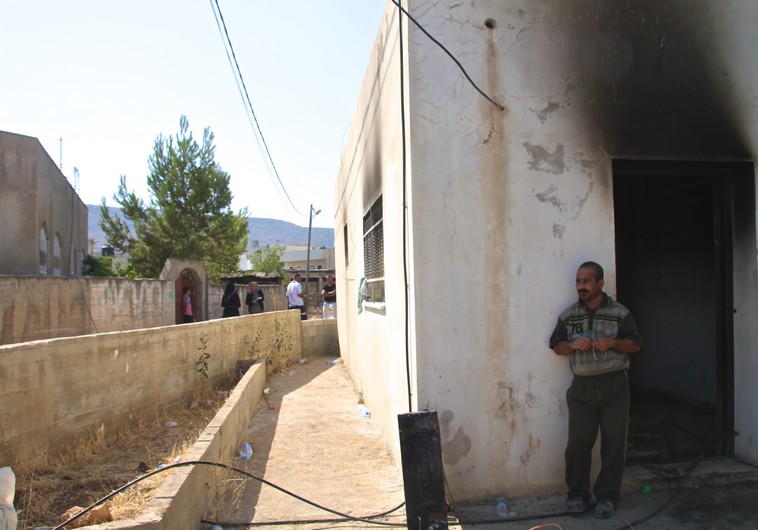Analysis: Where does torture end and moderate physical pressure begin?
The moderate physical pressure concept is a uniquely Israeli creation, essentially permitting aggressive interrogation in “ticking bomb” scenarios.
 The Dawabsha family home in Duma, July 2015(photo credit: TOVAH LAZAROFF)
The Dawabsha family home in Duma, July 2015(photo credit: TOVAH LAZAROFF)